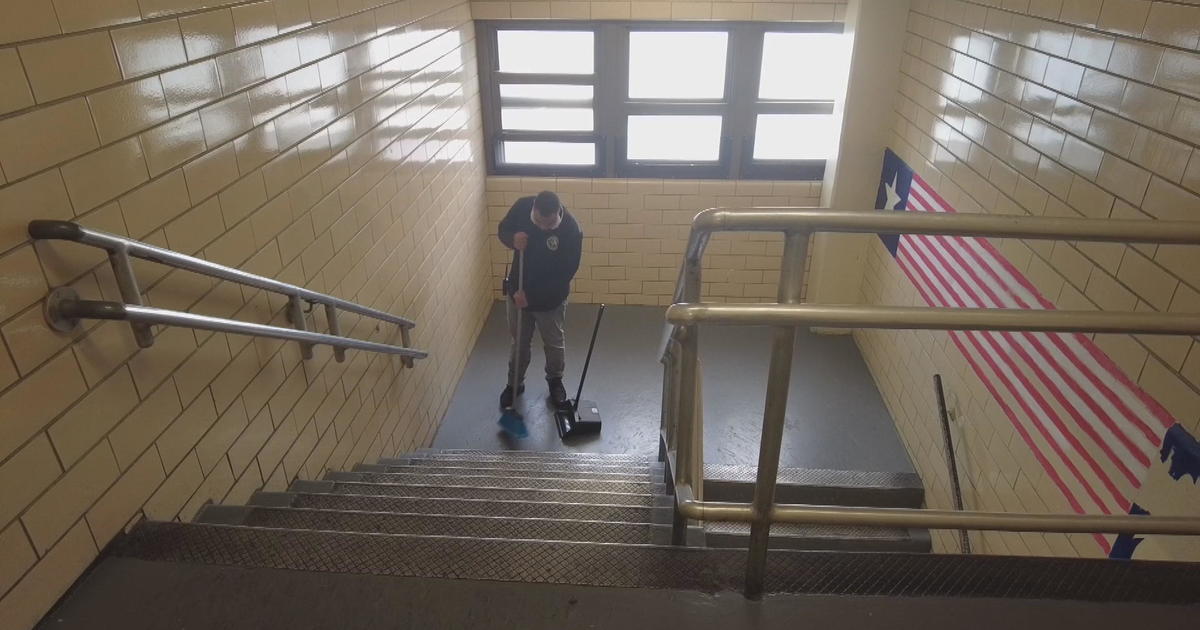EEOC Says Some Companies Exclude Job Applicants With Criminal Records Too Broadly
By Cherri Gregg
PHILADELPHIA (CBS) -- The Equal Employment Opportunity Commission today filed lawsuits against two major companies, accusing them of indirectly discriminating against African-Americans by using background checks to fire or screen out workers.
One lawsuit was filed in South Carolina against automaker BMW for firing 70 black employees based on background checks -- some of whom had been there for years.
The second suit is against Dollar General Stores for revoking offers to two black women after running background checks, despite inaccuracies in one case and a years-old conviction in the other.
"Sixty-four million people in this country have criminal records," says Sharon Dietrich, an employment discrimination attorney at Community Legal Services of Philadelphia. She says the lawsuits are a warning to employers to review hiring policies to ensure they comply the EEOC's guidance updated last year and to ensure that they don't exclude people too broadly based on background checks.
"All jobs should not bar all people with criminal records," Dietrich notes, "because the whole point of the guidance is that you need to bring specific thought to who presents a risk."
The EEOC brought the lawsuits under the Civil Rights Act, which prohibits companies with 15 or more employees from using race to discriminate against job applicants. BMW and Dollar General deny the allegations.
Dietrich says a similar "ban the box" law in Philadelphia (see related story) keeps employers from using background checks before the first interview, but the EEOC takes it a step further: it requires that employers take special care to ensure that if a background check or past convictions are used to exclude an applicant, the infraction must somehow be connected to the work that is required.
"For a long time employers have been saying that the risk that they feared is that they would get charged with negligent hiring," she says, "but the EEOC lawsuit shows that there is another risk: the employer that does not take care in drafting its hiring policy will get sued by the applicant."
For more info on the EEOC guidance on how to use background checks in hiring, go to eeoc.gov.



